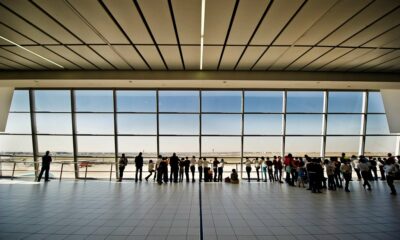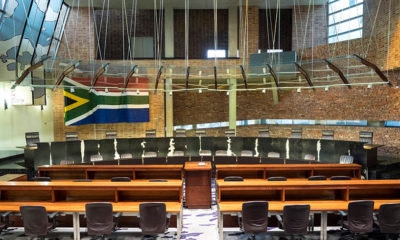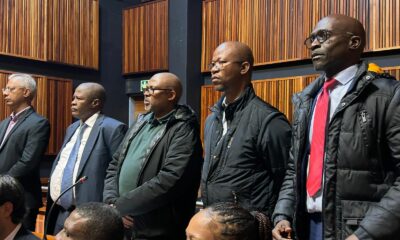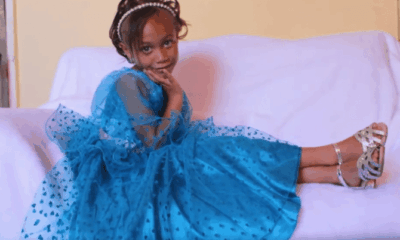News
Chinesi Obasi Loses Appeal in Human Trafficking Case

Court rejects bid to overturn conviction
The Gauteng High Court in Pretoria has upheld Nigerian national Chinesi Justice Obasi’s human trafficking conviction, dismissing his appeal and confirming his 18-year prison sentence.
Obasi was convicted in 2017 on three counts: two of human trafficking and one of fraud for entering a fake marriage with a South African citizen to gain residency. His appeal argued that the trial court failed to consider his defence and personal circumstances, but Judge Graham Moshoana ruled that Obasi had chosen not to testify, leaving the women’s testimony unchallenged.
“The evidence showed they were exploited,” Moshoana said, adding that their accounts revealed the typical relationship between trafficker and victim.
Exploiting the vulnerable
Court records detail how Obasi forced two women into sex work between April and September 2016 in Pretoria. Their movements were tightly controlled, their earnings confiscated, and their dependency fuelled by drugs supplied by Obasi and his co-accused.
The women were not permitted to shop, visit salons, or leave the premises alone. Clients who bought drugs and sex services visited the flat, trapping the women further in cycles of exploitation.
Obasi’s fraudulent marriage conviction dated back to March 2005, when he wed a South African woman to secure residency despite never living with her as husband and wife.
Stories of the victims
One victim, referred to as Busisiwe, had moved to Sunnyside in 2015 after family difficulties. She became involved with another Nigerian man who introduced her to prostitution. After that relationship ended, she came under Obasi’s control.
The second woman, Puleng, encountered Obasi through his girlfriend in 2016. She too was coerced into sex work and subjected to constant monitoring and intimidation. Their testimonies formed the backbone of the state’s case and secured the conviction.
Judge’s warning on modern slavery
In his ruling, Judge Moshoana described human trafficking as “a modern-day form of slavery” driven by poverty, desperation, and lack of education. He stressed that victims are often abused, disoriented, and stripped of freedom, while traffickers profit from their suffering.
He confirmed that there were no grounds to overturn the sentence, ensuring Obasi’s 18-year term remains intact.
South Africa’s trafficking crisis
Human trafficking remains a persistent problem in South Africa, with syndicates regularly dismantled in police operations across Pretoria and Johannesburg. Activists warn that many survivors require long-term support to recover from the trauma of exploitation.
Public reaction to the ruling has been one of relief, with many South Africans welcoming the firm stance against traffickers. The case underscores the scale of the crisis but also shows that the justice system is prepared to act.
For Busisiwe and Puleng, the ruling is more than a legal victory. It is recognition of their ordeal and a signal that traffickers like Obasi cannot exploit vulnerability with impunity.
Also read: ANCYL President Tells Home Affairs Minister to “Pull Up His Socks” on Immigration and Corruption
Follow Joburg ETC on Facebook, Twitter, TikT
For more News in Johannesburg, visit joburgetc.com
Source: The Citizen
Featured Image: Diocese of Parramatta



























